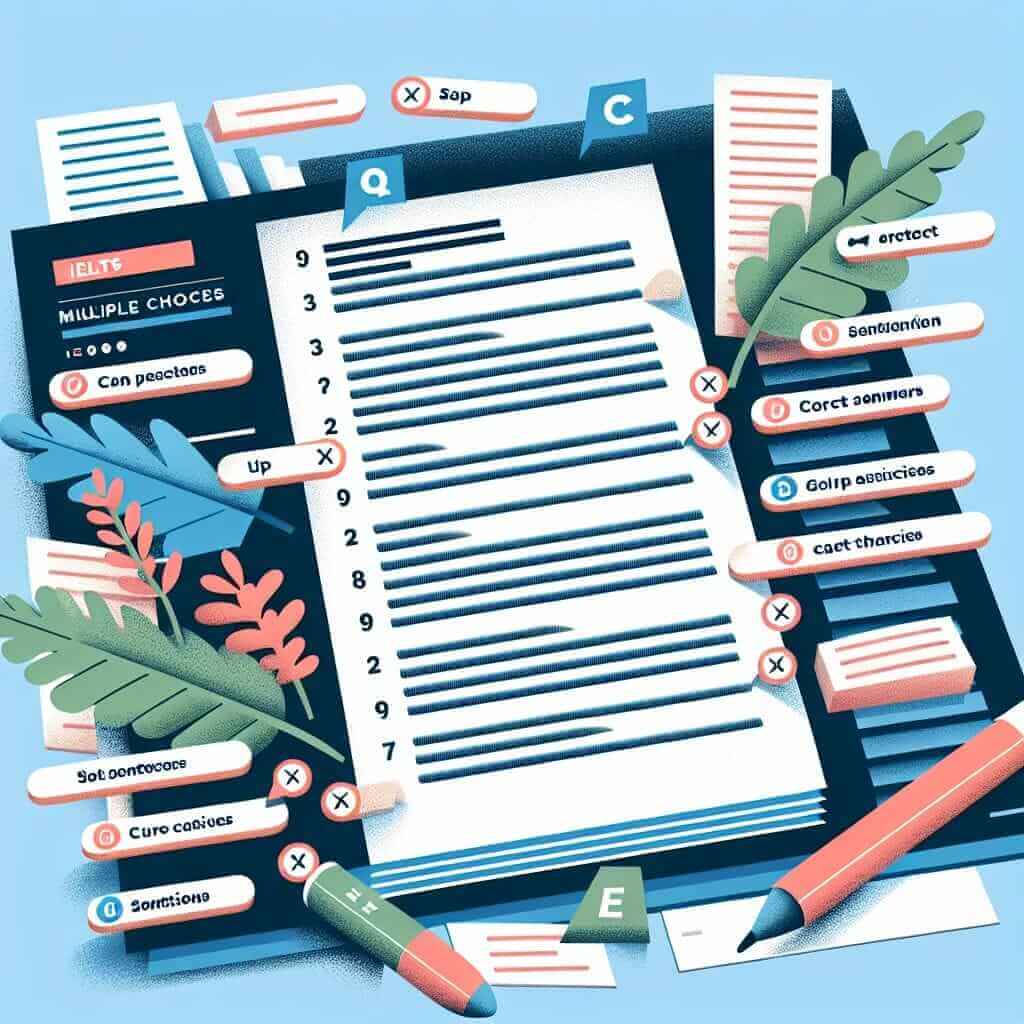For many aspiring English learners, achieving a band 9 in IELTS Reading seems like an impossible dream. However, with over 20 years of experience teaching IELTS, I can confidently say that it’s an achievable goal with the right strategies and consistent effort. This guide will provide you with invaluable insights, practical tips, and real exam examples to help you conquer the IELTS Reading section.
Understanding the Mountain Ahead: What Does It Take to Achieve a Band 9?
Before diving into strategies, it’s crucial to understand the level of mastery required for a band 9. The IELTS Reading test assesses your ability to:
- Comprehend explicit information: Identify key details, facts, and figures directly stated in the text.
- Understand implicit meanings: Interpret the writer’s tone, attitude, and infer information not explicitly stated.
- Follow arguments and opinions: Identify the writer’s stance, track the development of ideas, and differentiate between facts and opinions.
- Understand vocabulary in context: Deduce the meaning of unfamiliar words based on the surrounding text.
- Navigate complex sentence structures: Break down long and intricate sentences to grasp their meaning.
Climbing to the Summit: Strategies for Success
Now that you understand the challenge, let’s explore the key strategies that will equip you for success:
1. Master Time Management:
- Practice timed tests: Develop a keen sense of timing by regularly practicing under exam conditions. Aim to complete the test within the allocated 60 minutes.
- Skim and scan effectively: Train your eyes to quickly skim for general meaning and scan for specific information. Don’t get bogged down on unfamiliar words – focus on grasping the overall message.
2. Enhance Vocabulary and Grammar:
- Read widely: Immerse yourself in English texts from various sources like newspapers, magazines, academic journals, and novels. This expands your vocabulary and exposes you to different writing styles.
- Focus on synonyms and paraphrasing: IELTS often tests your ability to understand synonyms and paraphrased information. Practice identifying words with similar meanings and different ways of expressing the same idea.
3. Develop Effective Reading Techniques:
- Identify question types: Familiarize yourself with common question types such as multiple choice, sentence completion, matching headings, and true/false/not given.
- Use keywords strategically: Underline keywords in both the questions and passages to quickly locate relevant information.
- Pay attention to detail: The IELTS Reading test is known for its attention to detail. Avoid making careless mistakes by carefully analyzing each question and double-checking your answers.

Illustrative Examples:
Let’s look at some examples to see these strategies in action.
Passage excerpt:
“The Industrial Revolution had a profound impact on the social fabric of 19th-century Britain. The rise of factories led to mass urbanization, as people migrated from rural areas in search of work. This resulted in overcrowded cities and challenging living conditions for many.”
Question:
What was the primary cause of mass urbanization in 19th-century Britain?
Answer: The rise of factories.
Explanation: The passage clearly states that “The rise of factories led to mass urbanization…”
Reaching Peak Performance: Final Tips
- Stay calm and focused: Nerves can hinder performance. Take deep breaths and maintain a positive mindset throughout the exam.
- Practice consistently: Consistent practice is key to success. Dedicate a specific time each day to improving your reading skills.
- Seek feedback: Don’t hesitate to seek feedback from experienced IELTS tutors or teachers. They can identify your weaknesses and provide personalized guidance.
Conclusion:
Achieving a band 9 in IELTS Reading is a challenging but achievable goal. By focusing on time management, vocabulary building, mastering reading techniques, and practicing consistently, you can significantly improve your chances of success. Remember, the journey to the top requires dedication and perseverance. So, embrace the challenge and watch your reading skills soar to new heights!